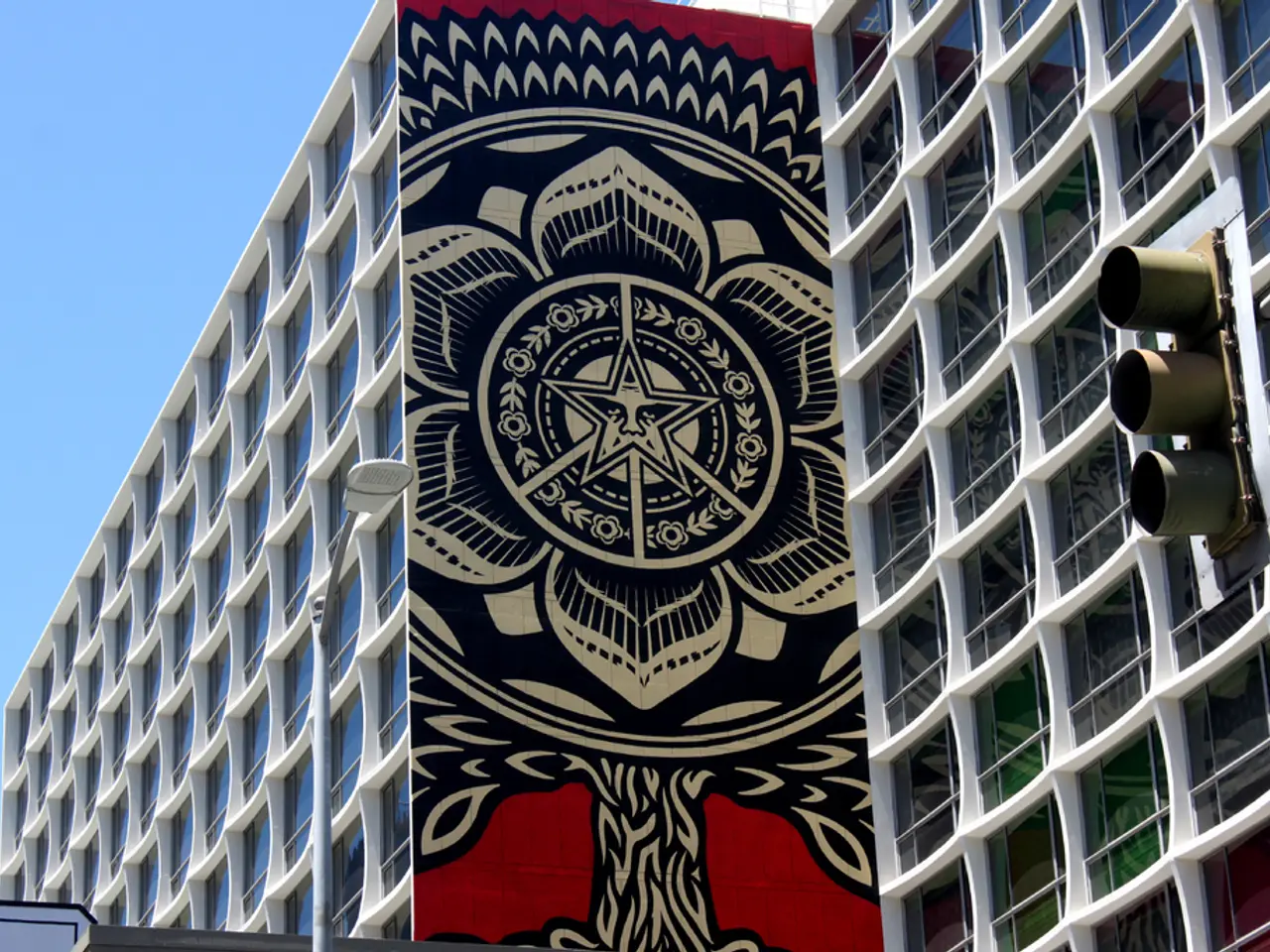Woidke asserts that extremism might surpass the extent observed in Spremberg
In Brandenburg, the Minister President, Dietmar Woidke (SPD), has expressed concern over the rising threat of right-wing extremism. According to Woidke, the surge in extremism is not limited to Spremberg but is a societal issue throughout Brandenburg and Germany.
Last year, Brandenburg saw a nearly 20% increase in right-wing extremist individuals, reaching an all-time high of 3,650 people. About 40% of these extremists are considered violence-oriented. Experts attribute this rise to social dynamics such as the COVID-19 pandemic, which they believe has accelerated feelings of powerlessness and fostered right-wing radicalization among youth, partly through social media platforms.
Mayor Herntier of Spremberg has issued a warning about threats from right-wing extremists in her city. Her letter to citizens cited graffiti, anti-constitutional symbols, glorification of National Socialism, and damage to public buildings as concerns. Woidke has supported Herntier's open approach to addressing right-wing extremist activities in Spremberg, calling it right and courageous.
Woidke will visit the Braunkohlekraftwerk Schwarze Pumpe in Spremberg on Monday, accompanied by Federal Minister of Economics Katharina Reiche (CDU). The visit is not explicitly linked to the issue of right-wing extremism but rather to the coal phase-out in the Lausitz region.
At the federal level, political tension regarding the far-right's role persists. The Alternative for Germany (AfD), a major right-wing party, remains outside government but influences the political agenda. Some mainstream parties, such as the CDU/CSU, have cooperated with the AfD on certain votes, and far-right ideas increasingly shape discourse and policy, complicating efforts to counter extremism.
There are calls for banning the AfD, though opponents argue such bans may strengthen repression and undermine opposition perspectives. Additional challenges include rising hostility and attacks on minority communities, such as Jewish populations in eastern Germany, where far-right and xenophobic sentiments have become more pronounced over recent years.
Measures taken include intensified monitoring and reporting by state constitutional protection agencies, which regularly document and analyze the extremist scene. Brandenburg's Interior Minister publicly presented reports confirming the rise in extremism. However, local authorities like Mayor Herntier acknowledge that effective solutions to stop this trend are not yet found but emphasize the importance of not ignoring the problem and seeking new impulses from constitutional protection experts.
In conclusion, urgent actions against right-wing extremism in Brandenburg and Germany involve increased constitutional protection surveillance and public reporting on extremist numbers and violence potential, political and social acknowledgment of the problem at municipal and federal levels, political debates about the role of far-right parties like the AfD and the risks and benefits of banning them, recognizing the broader social challenges, including radicalization among youth linked to pandemic effects and social media, and addressing xenophobic and antisemitic violence.
- War-and-conflicts and politics are intertwined in Germany, as the rise in right-wing extremism concerns political leaders like Minister President Dietmar Woidke, who acknowledges it as a societal issue in Brandenburg and Germany.
- General-news outlets and crime-and-justice sections often report on the impact of the COVID-19 pandemic on extremism, with experts citing increased feelings of powerlessness and radicalization among youth as contributing factors to the surge in right-wing extremism.








